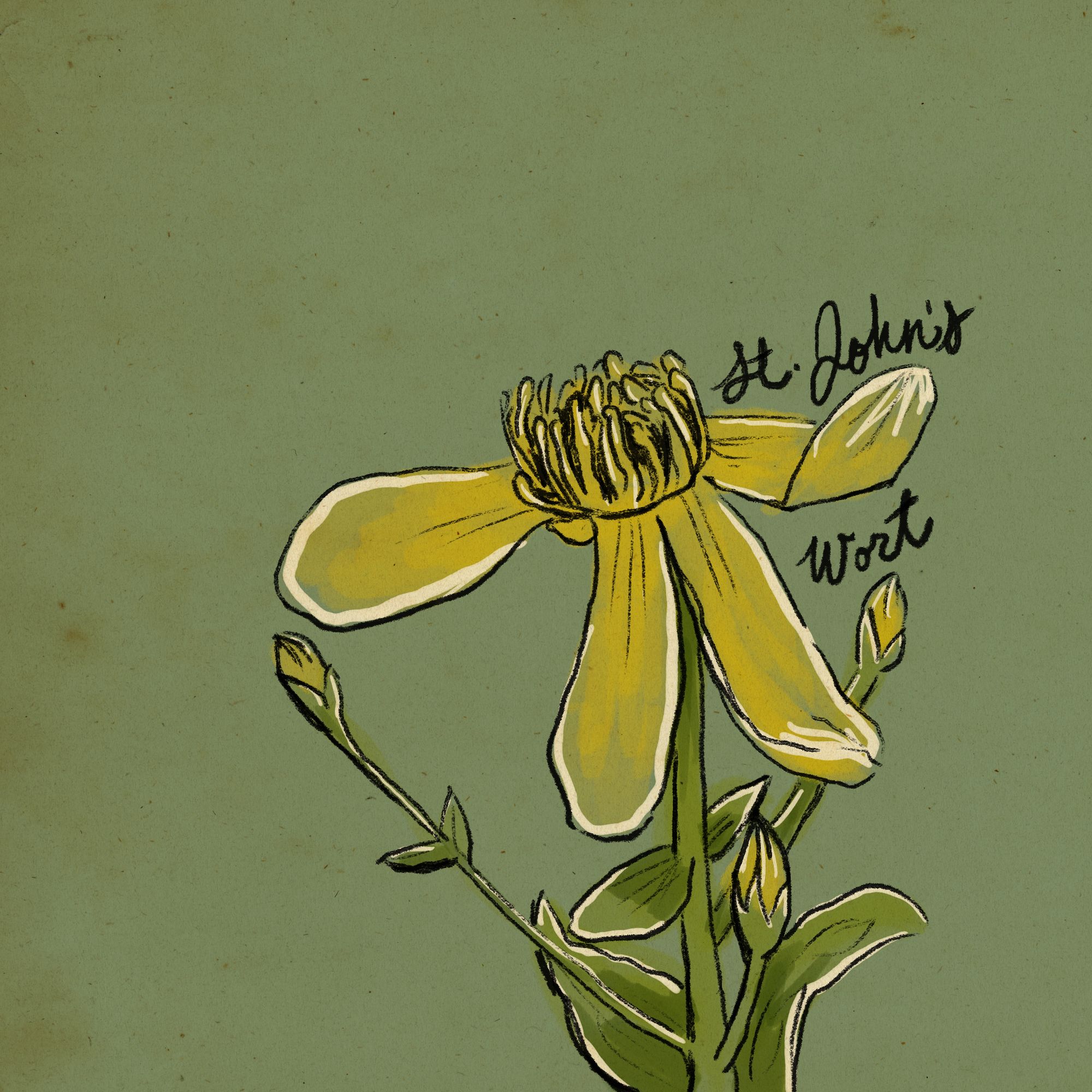I miss the old internet (Link Roundup: April 20, 2023)

I keep saying I'm gonna do this, so at long last: here's a roundup of some online things I've enjoyed over the past few weeks! This one's a bit tech heavy, because I hyperfocused while reading about how the internet used to be, so I ended up with a lot of links about that (only a few of which I included here.)
Paranormal
What's up with magic foot stuff?
Here's a great newsletter issue from It's Only Dark, all about magical feet in different literature and folklore.
Fred Andersson's past life regression story and appearance on Creative Weirdos
My Past Life Regression Session by Fred Andersson: I really enjoyed this article, particularly the bit about Indra's net, a concept that I'd never heard of but which seems similar to the idea of a collective unconscious. It's basically a metaphor where there's an interconnected net with crystals at the connection points, and each gem reflects pieces of all the others. (I'm not doing a great job of explaining it, but read the article for a much more eloquent description.)
Piggybacking off of that, I also enjoyed listening to this great conversation between Fred Andersson and Todd Purse on the Create Magic / Creative Weirdos podcast. It's definitely worth a listen! Lots of talk about high strangeness and Swedish folklore.
The protective qualities of St. John's Wort in Scottish folklore
I found this post about St. John's Wort fascinating. Apparently, people believed that St. John's Wort could protect them from the fairies. It's interesting, because while it's now seen as being mostly a treatment for depression, it has this deeper fairy folklore behind it. Also, I wonder if there's some sort of metaphor you could make about depression and being taken by the fairies.
Interestingly, it sounds like it was only protective against fairies if you found it accidentally—a detail that I love.
History / Philosophy
"spade invaders" by The Dust Bowl Review
A fascinating look at built space and burglary, including the story of George Leonidas Leslie, a 19th century burglar who was trained as an architect. He recreated robbery targets in a warehouse and ran his team through their paces there before doing the actual heist.
Tech
Emily M. Bender talking LLMs
Emily M. Bender appeared on the Tech Won't Save Us podcast and talked about large language models. One of my favorite tidbits was how humans use language as a conduit to transmit meaning from one mind to another. But large language models are just that conduit; there isn't a mind to convey meaning from. However, because we're used to language standing in for a mind, we can't help seeing it that way. So that creates a lot of the confusion around "AI" (which basically isn't any more intelligent than autocorrect.)
ChatGPT can't help embellishing
This blog post includes some great, clear examples of [[chatgpt]] being good for code but bad for most writing. If something doesn't exist, it'll usually say so, but if it does, it can't help embellishing.
We can’t say “please only give an answer you are confident about” or “mark the bits which are most reliable”. We can’t say “please check that is correct” or “please give us the sources you drew from”, because it has no conception of sources or external validity. It’s just something that sounds like an answer, and it’s happy luck that it mostly gets something that coincides with reality.
We all miss the old web
I ended up deep-diving on the idea of the old web and/or the small web, which is basically the version of the internet I feel nostalgic about. You know, web 1.0. Here's some of the stuff I found most interesting.
This post about the small web talks about how as a gatekeeper, Google search prioritizes professionals and hides hobbyists. Google is the web's gatekeeper, but it essentially keeps stuff made by amateurs hidden, and professionalizes web content creation.
The web used to be full of navigation and exploration metaphors, like going online was an adventure, and the post talks about how we've really lost so much joy. Now, the tools we use to access the web are colorless and invisible. They used to be fun and full of exploration metaphors.
As much as I enjoy watching YouTube, I enjoyed this ode to text. Basically, it's about how text is elegant and conveys meaning well, even though people are pushed to create video these days. The post goes into detail on exactly how big video files are compared to audio and text files, and talks about the resources that the forced pivot to video consumes. It sucks that creators are forced to use videos to spread information even when text would be better.
This whole page is a great ode to the small web.
Art
Crow Time webcomic
I found this fun webcomic that features crows and forest spirits and it made me very happy.
The yaybahar, a new musical instrument
A man "discover-invented" a new acoustic musical instrument called the yaybahar, which someone on Mastodon described as "ethereal," but other than that, I struggle to describe it. It's real cool!

